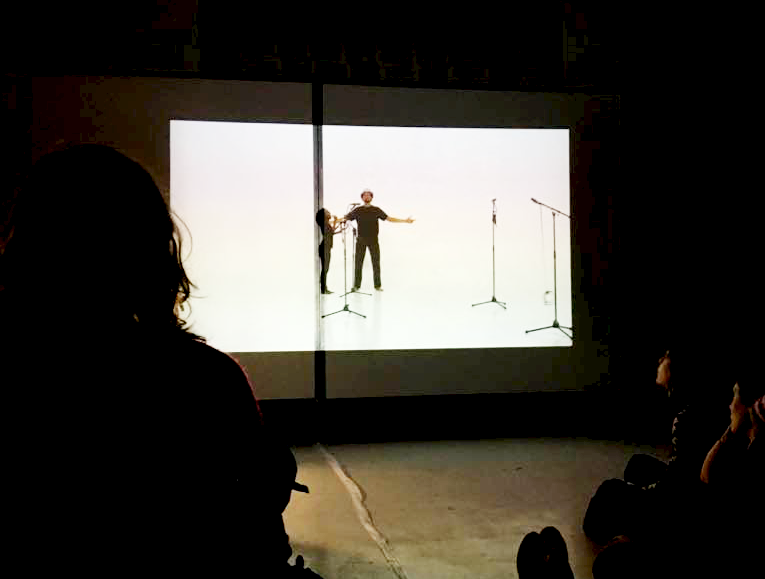On Carla Lonzi:
The Making of a Feminist Subject
Speaking Feminisms
Exercise 3 14.02.2017 18:00
With Giovanna Zapperi
Fee Suggested donation 3€/5€
Children welcome Do you want to bring your kids? We will provide a self-organized child care. If interested please send an email until Monday 13.02.2017 to communications@savvy-contemporary.com with subject line “child care” and tell us the age of your kid(s). The child care will cost a small fee, the amount of which will depend on the number of children
Curation Elena Agudio, Federica Bueti, Nathalie Anguezomo Mba Bikoro
In this exercise, art historian Giovanna Zapperi will discuss her recent book Carla Lonzi. Un’arte della vita (english: Carla Lonzi. The Art of Life) on the contemporary legacy of one of the most radical Italian feminist, Carla Lonzi, which will be published soon in Italy by Derive e Approdi.
Lonzi was an Italian writer and art critic, feminist, theorist of the self-consciousness and of the sexual diversity. She was one of the founders of the women's group Rivolta Femminile which placed self-awareness of women and gender difference at the center of their departure. Two of her seminal texts are Sputiamo su Hegel (Let’s Spit on Hegel, 1970) and La donna clitoridea e la donna vaginale e altri scritti (The Clitoridian Woman and the Vaginal Woman, and Other Writing, 1974).
In an interview with the series's co-curator Federica Bueti, Giovanna Zapperi tries, with hesitation, to answer the difficult question who Carla Lonzi is:
I don’t think I have a definitive answer to this question, perhaps because Lonzi spent all her life trying to escape the very idea that one can be subject to definitions. I would say that Carla Lonzi was an Italian art critic, a feminist, a writer, and a poet. And yet, as someone who struggled against such categories and their power to reduce life to a sum of roles and identities, my own attempt to define her activity will inevitably remain provisional and incomplete. Lonzi experimented with ways of writing ‘differently’ in the context of 1960s-1970s Italian culture, when the country’s social structures were shaken by a growing political contestation – from the workers strikes in the 1960s, to the 1968 revolts, and the autonomous movements that emerged throughout the 1970s – and, of course, a mass feminist movement. She wanted to undo the roles linked to her oppression, while constantly trying to articulate her subjective experience within a collective endeavor.
Giovanna Zapperi is an art historian and critic based in Paris where she received her doctorate from the École des hautes études en sciences sociales (EHESS) in 2005. Her work examines the interrelation of art criticism, visual culture and feminism. Her critical essays have been published widely, including in Les Cahiers du MNAM, Histoire de l’Art, Perspective, Oxford Art Journal, Kritische Berichte, Parachute, Feminist Review. Her dissertation on Marcel Duchamp received the City of Paris Award for Gender studies, and was published in 2012. From 2005 to 2009, she was on the editorial board of the journal Multitudes; from 2007–2009, a visiting Rudolf Arnheim Professor at the Humboldt University in Berlin; and in 2009, a research fellow at the Institute of Advanced Studies in Nantes. In 2010, She became a faculty member of the École Nationale Supérieure d’Art in Bourges, where she teaches history and theory of contemporary art. From 2014–15, she was a fellow at the French Academy in Rome (Villa Medici) where she began working on her book on the criticism and art historical work of radical Italian feminist Carla Lonzi (1931–1982).

